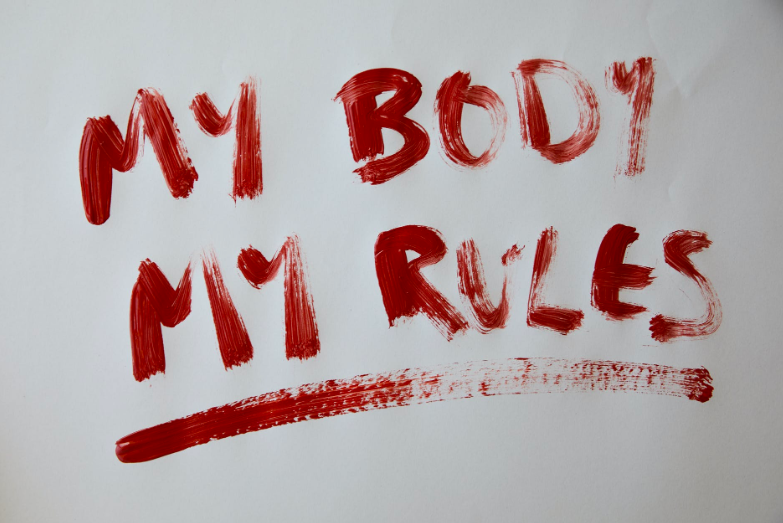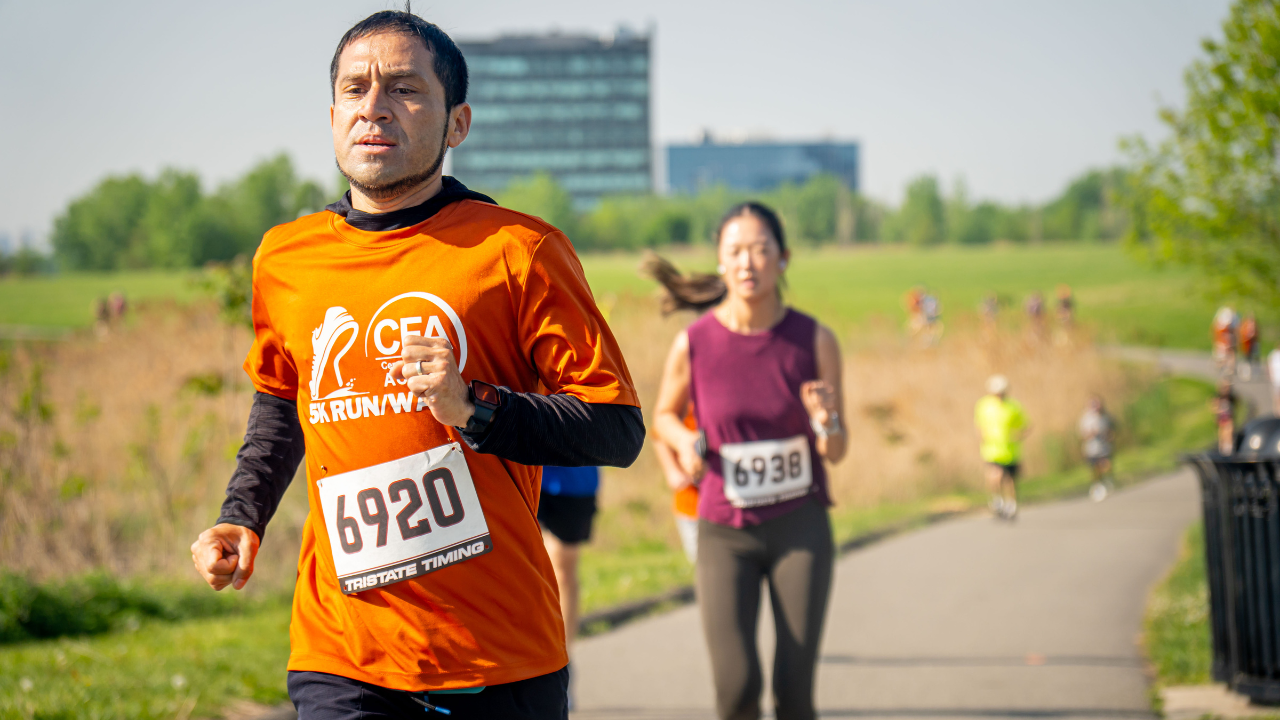Last month, freelance journalist Samantha Chavarria wrote for Bitch Media about Texas’s recent anti-abortion bill, known as “S.B. 8.” In her reporting, she warned that limiting abortion access will impact marginalized communities the most, particularly disabled people. As a disabled woman who recently had an abortion herself, Chavarria is effective in her advocacy for increased access to abortion.
Senate Bill 8, which was passed May 19, 2021, makes abortion illegal in the state of Texas once the fetus has a detectable heartbeat. Chavarria explains how this “heartbeat bill” is even more oppressive than past proposed legislation — detailing that anyone who “aids” in the administering of an abortion can be sued, including counselors, doctors, even drivers providing rides to abortion seekers. However, the heart of her piece lies in her discussion of marginalized communities. The communities most affected by abortion bills like this include low-income, Black and brown people, trans people, and the disabled, she argues.
Chavarria details the financial barriers set in place by the abortion bill, which affects disabled people more, given that the average disabled person makes $25,000 less than their non-disabled counterpart. Abortion seekers with mobility challenges have to deal with clinics that are not physically accessible, while some clinics don’t have the staff or tools necessary for assisting blind or deaf patients. Chavarria ends her piece by stating that, “Disabled people are increasingly endangered by restrictive and punitive abortion laws — and it’s up to us to make sure that society understands that abortion is as much a healthcare issue for us as for any other citizen.”
Chavarria is absolutely an advocacy journalist; in this piece, she shares important facts about the state of abortion in Texas, which is news that affects all Americans, given that other states will likely follow suit. Beyond just sharing the facts, she articulates who suffers most when bills like this one pass, providing a voice for those often neglected. She even provides a call to action of sorts, stating that it’s up to her and other like-minded people to advocate for abortion rights.
Advocacy journalism is a necessary and fully ethical cornerstone of the craft. Good journalism should give a voice to the voiceless, inspire empathy, and encourage its readers to be more conscious and kind individuals. Because Bitch is a known progressive magazine, there is little concern about a reader seeing Chavarria’s piece as unduly biased. The Portland-based media company was founded as an outlet dedicated to feminism, anti-racism, and all-around leftist thinking. As long as the reader knows the slant of the publication, a journalist expressing their feelings and opinions is ethical. Chavarria doesn’t have any clear allegiance or sponsorship to Planned Parenthood or other organizations/businesses that have a stake in the matter, so as far as we know, freeing her from any conflict of interests. Clearly, though, she has a personal stake, as we all do.


